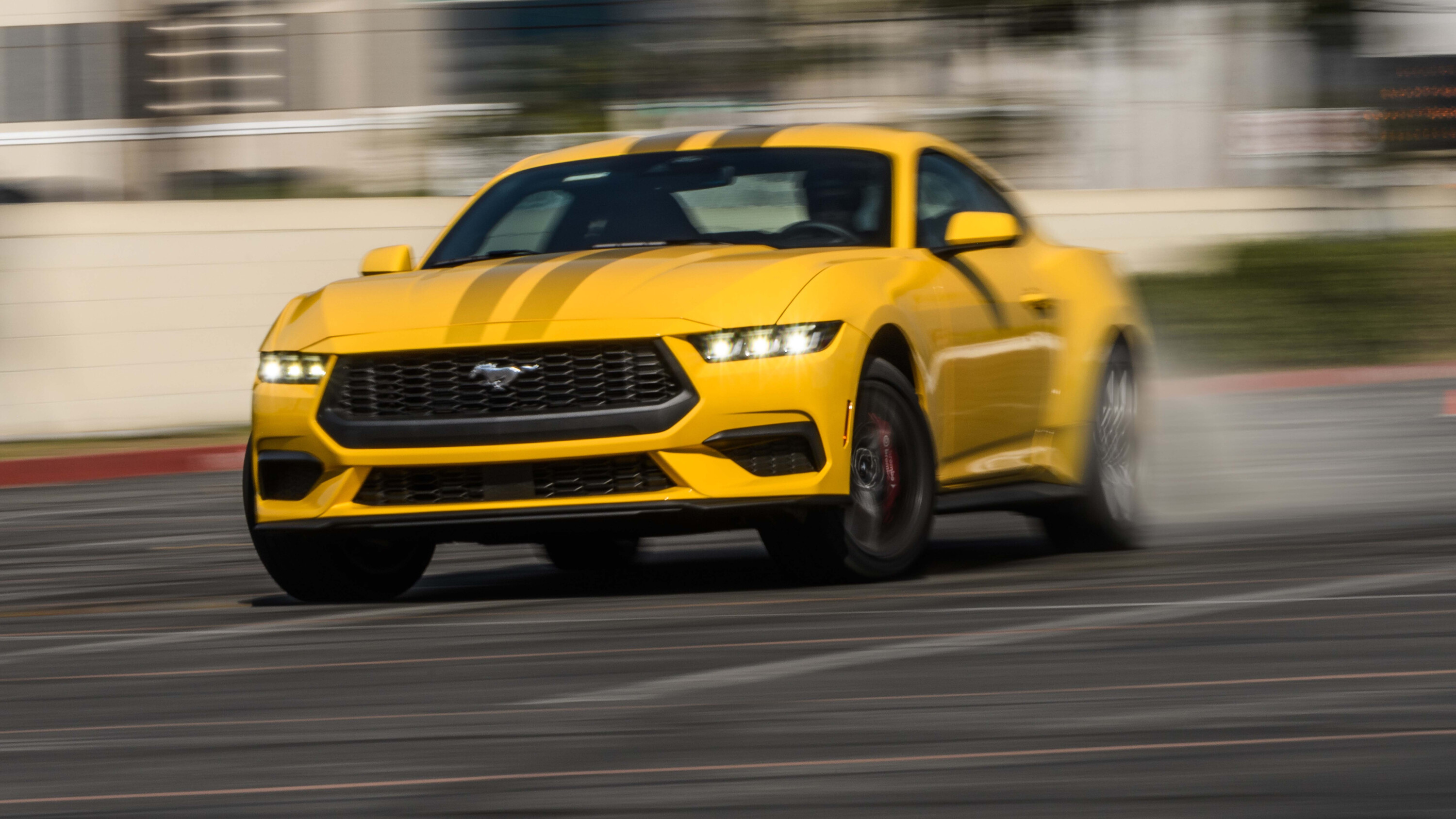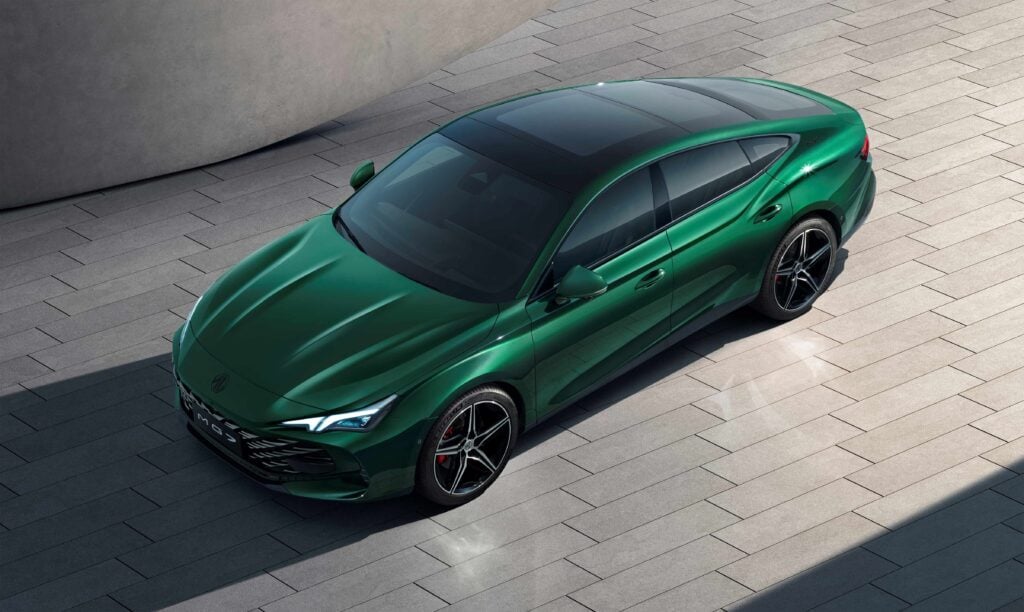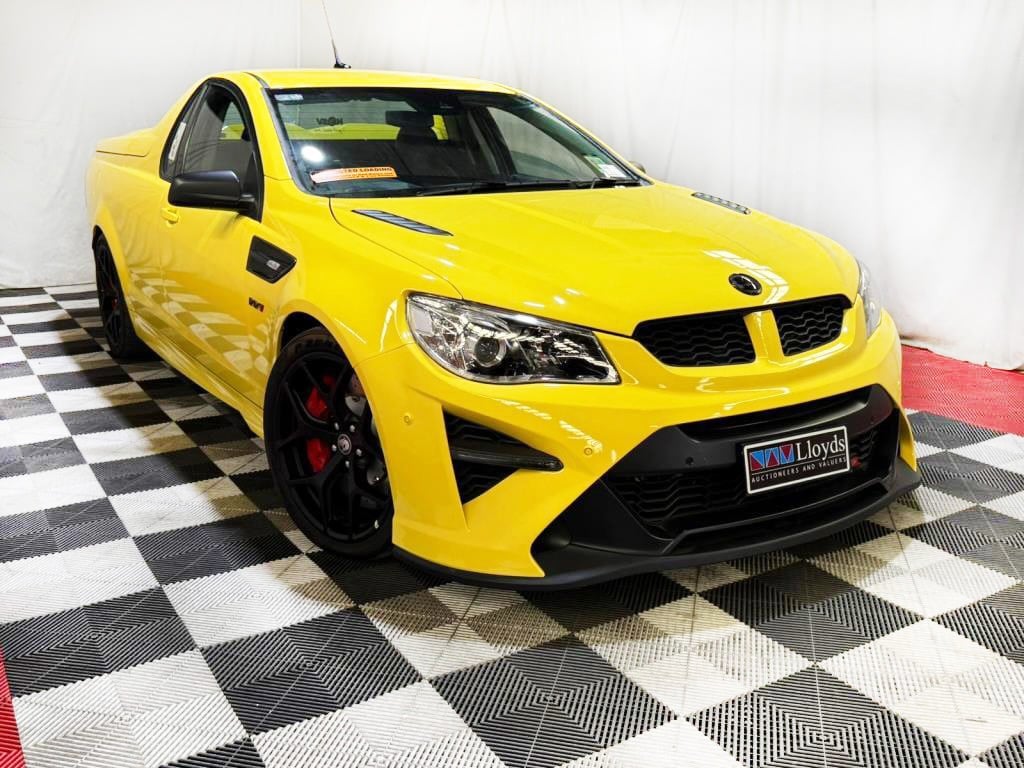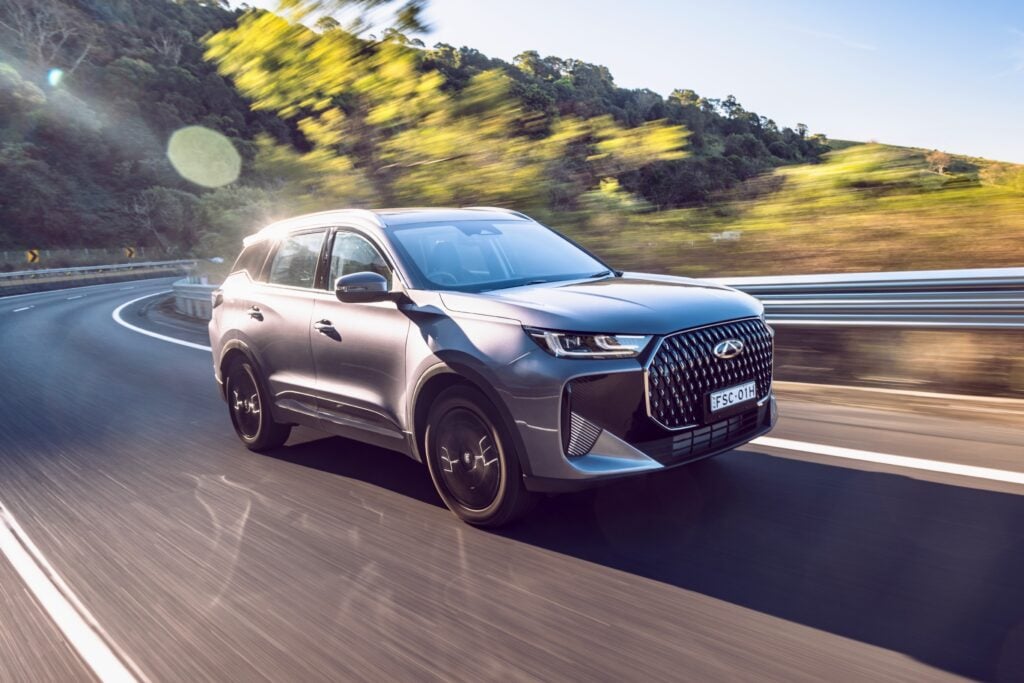A V8-powered Mustang could continue into an eighth generation, as Ford looks to keep its performance petrol engines going for as long as possible.
Ford has this week launched the seventh iteration of its famous American muscle car, which continues exclusively with internal-combustion drivetrains.
Rivals Chevrolet and Dodge are both killing off their current Mustang rivals, with the former’s Camaro coupe and the latter’s Challenger coupe and Charger sedan set to end production in 2024.
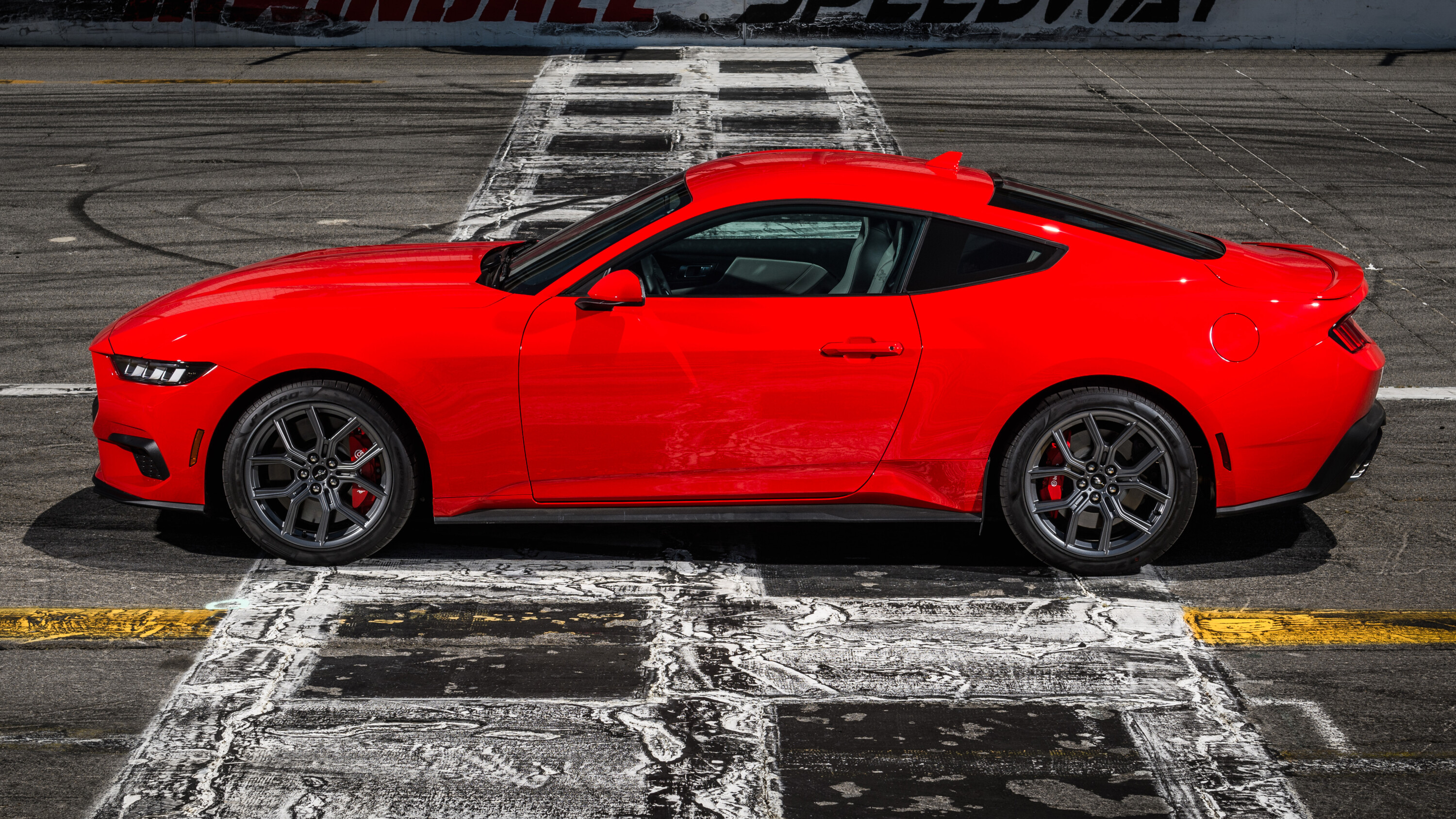
Dodge has confirmed it will build a battery-powered Charger, while Chevrolet has hinted at a future electric Camaro.
While Ford didn’t deny it may have experimented with electric Mustang development mules, the company said it had chosen not to pursue the battery path for its iconic sports car.
“There’s always fun stuff running around Dearborn [proving ground], [but] we’re really happy with what we’ve unveiled – the Dark Horse that is the pinnacle of 5.0L [V8] performance,” said Mustang marketing manager Jim Owens.
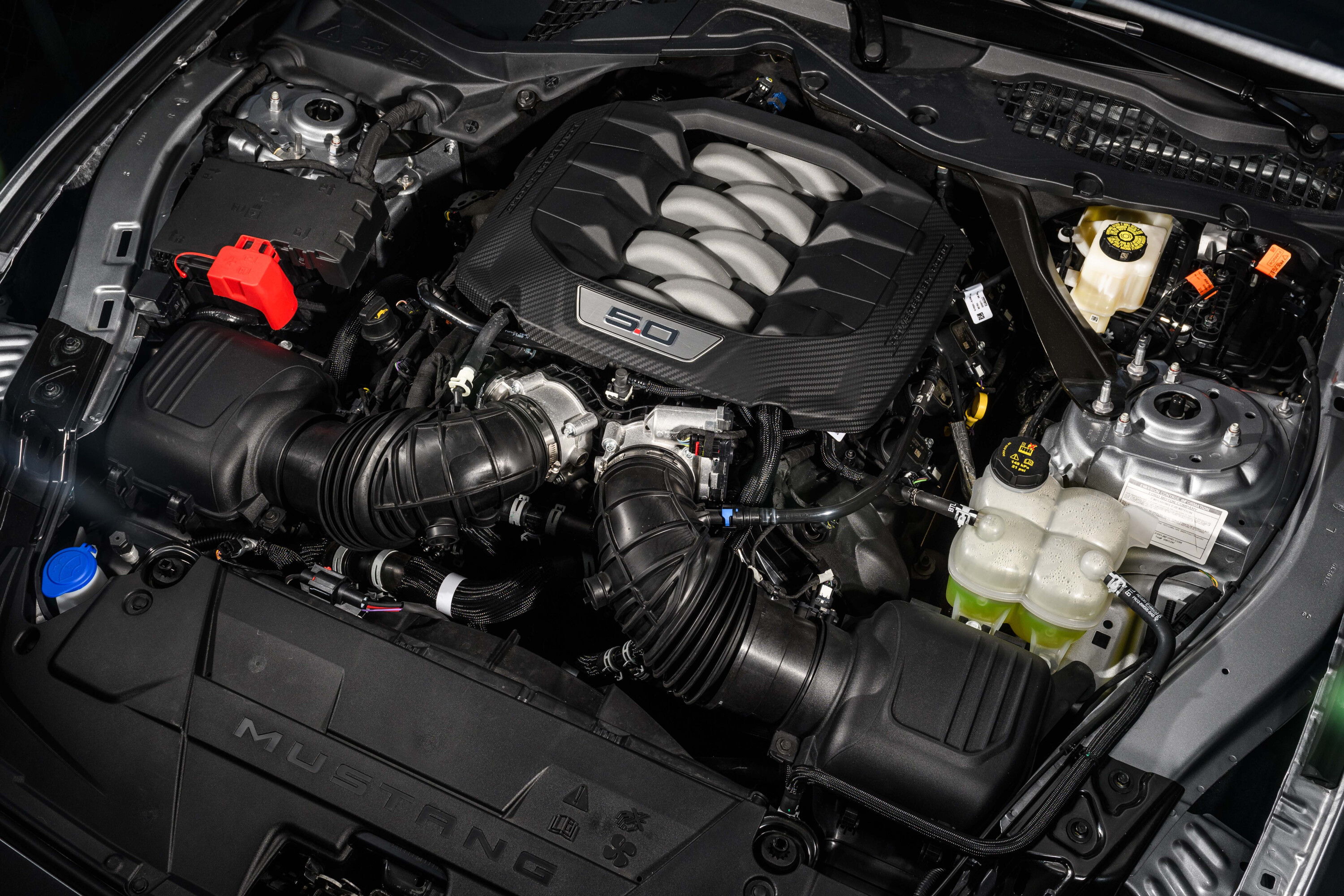
“We haven’t gone down the road of electrification of the coupe; we’re not going down that road.”
In late 2020, Ford released an all-electric SUV called the Mustang Mach-E – a model that controversially borrowed not just the Mustang nameplate but a second part inspired by the Mach-1. The vehicle is otherwise completely unrelated to the petrol-powered coupe/convertible.
The Dodge Challenger has outsold the Mustang for the past two years in the US, though Ford says the move by its competitors doesn’t make it fear for the future of Mustang.
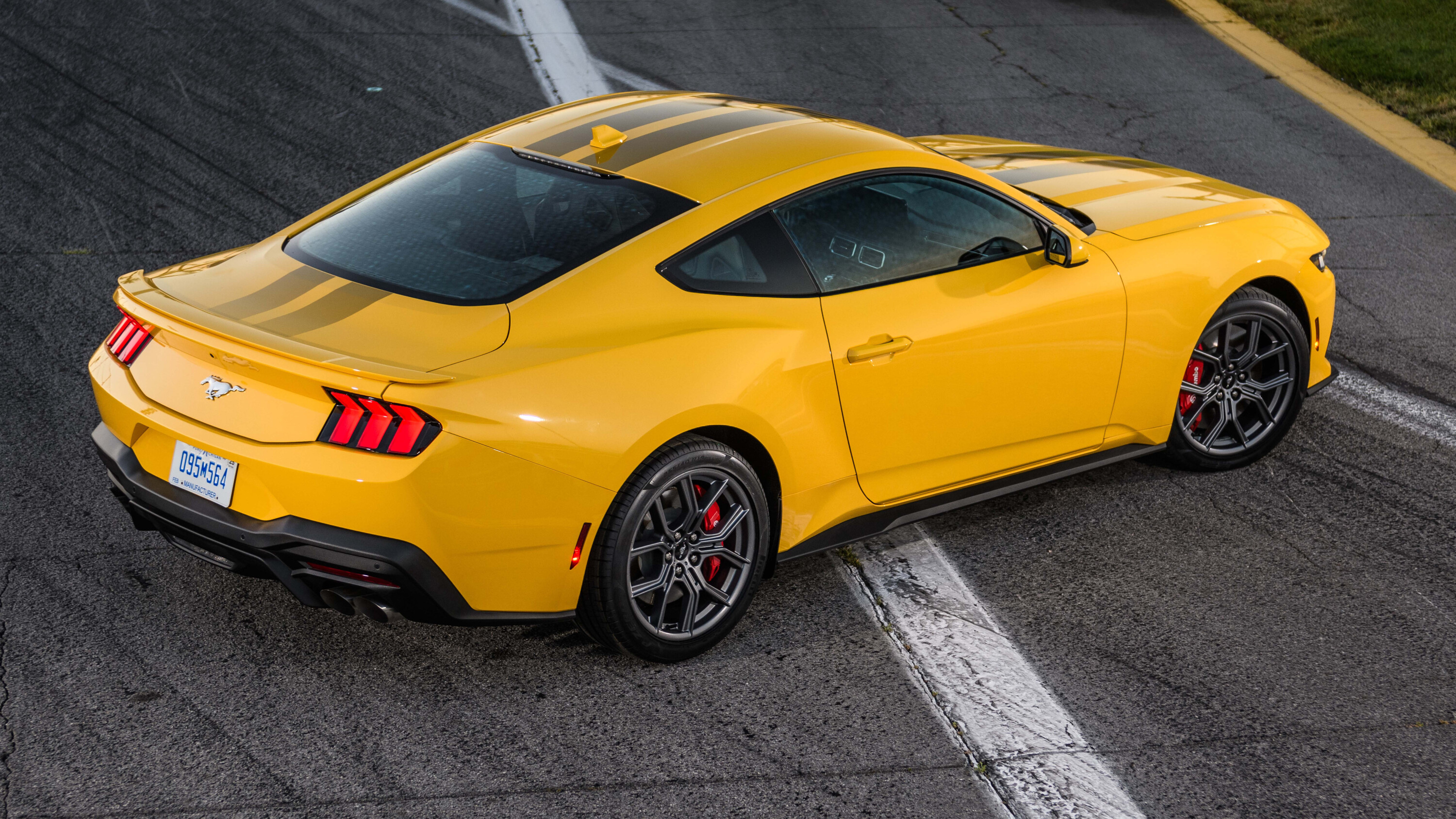
“This isn’t the first time Camaro or Challenger have not been with us [in the segment],” said Mustang marketing manager Jim Owens. “But we’ve been here continuously since 1965. “We’re not concerned that the segment is going away.”
Despite the UK and Europe threatening to ban petrol and diesel cars next decade, Ford is ready to continue building V8s into the future if regulations in the United States allow.
Ford has improved the efficiency of its fourth-generation ‘Coyote’ V8 for the latest Mustang, and said there is still room for further reducing CO2 emissions.
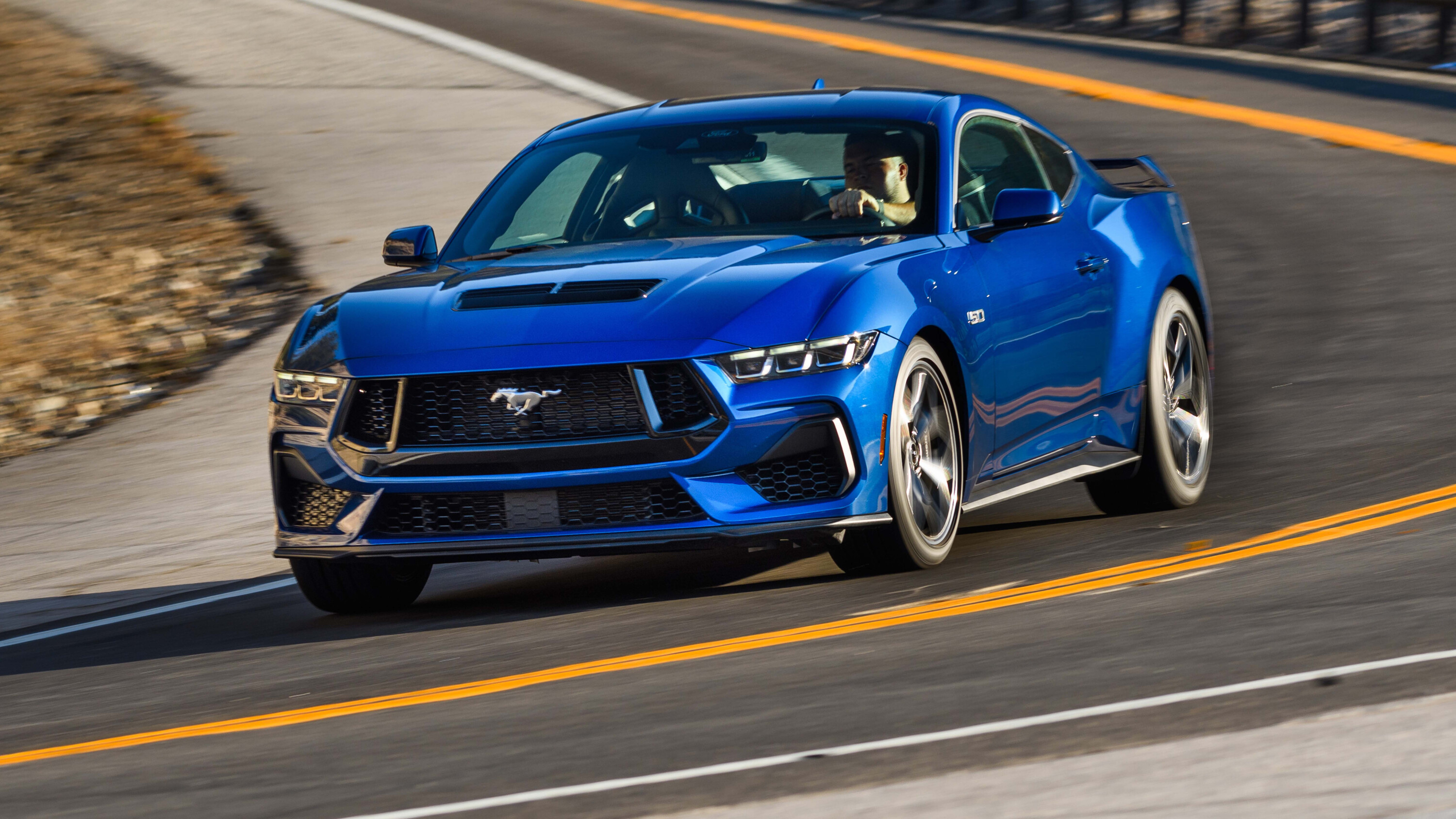
“We’re on the 4th generation [V8] and engineers get smarter every day,” said Mark Rushbrook, the global director of Ford Performance Motorsports.
“And from doing the 3rd generation [engine] they learned a lot that fed into the 4th generation, and there’s plenty learned with the fourth generation that you could, technically, do a 5th-generation ‘Coyote’ V8 – if and when it made sense. It’s a matter of where the regulations go.”
“We certainly considered [an electric Mustang] – whether it made sense or not, and the decision was not. We think there’s a market of people wanting a fantastic-driving, fantastic-sounding sports car with a manual transmission.
Rushbrook said Ford continues to study the potential for a high-performance variant of its Mustang Mach-E electric SUV.
More EV stories to help you choose the best car for your needs
- ? EV news, reviews, advice & guides
- ❓ Short & sweet: Your EV questions answered
- ⚡ New EVs: Everything coming to Australia
- ? Australia’s EVs with the longest driving range
- ⚖️ Best-value EVs by driving range
- ? How much do EVs cost in Australia?
- ? How much more expensive are EVs?
- ⚖️ Number crunching: Is it time to switch to an EV?
- ♻ Should you buy a used EV?
- ?️ Are EVs more expensive to insure?
- ? Costs compared: Charging an EV vs fueling a car
- ? EV charging guide
- ? Are there enough EV chargers in Oz?
- ?? EV servicing explained
- ? EV battery types explained
- ? When do EV batteries need replacing?
- ? Hydrogen v EVs: What’s best for Oz?
- ? How sustainable are EVs, really?
MORE advice stories to help you with buying and owning a car
We recommend
-
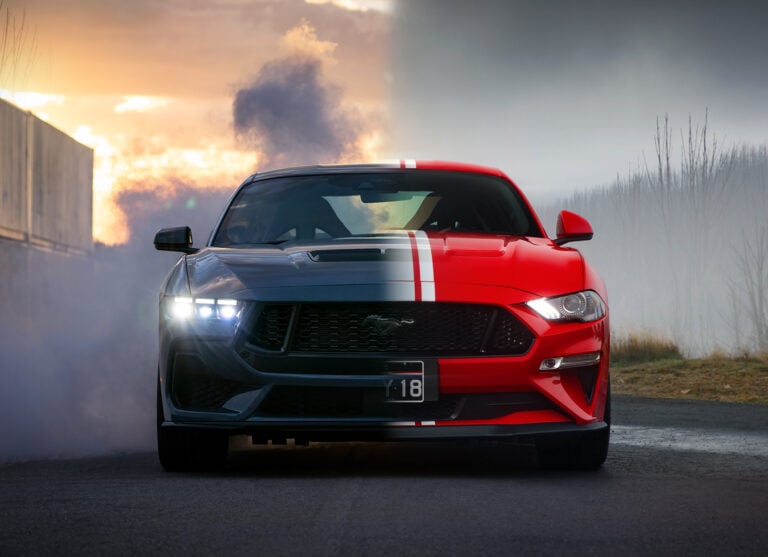 Features
Features2023 Ford Mustang v 2022 Ford Mustang: styling faceoff
What looks new with the new-look Mustang?
-
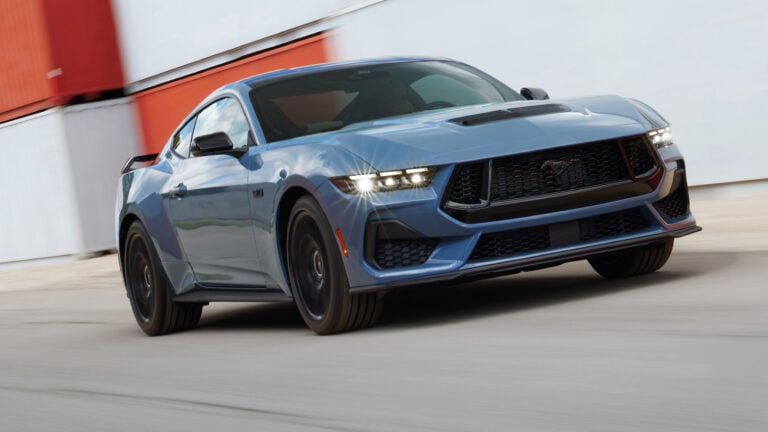 News
NewsVIDEO: 2023 Ford Mustang revealed, Australian launch confirmed
Seventh-generation Pony car is an evolution of an auto icon, not a revolution
-
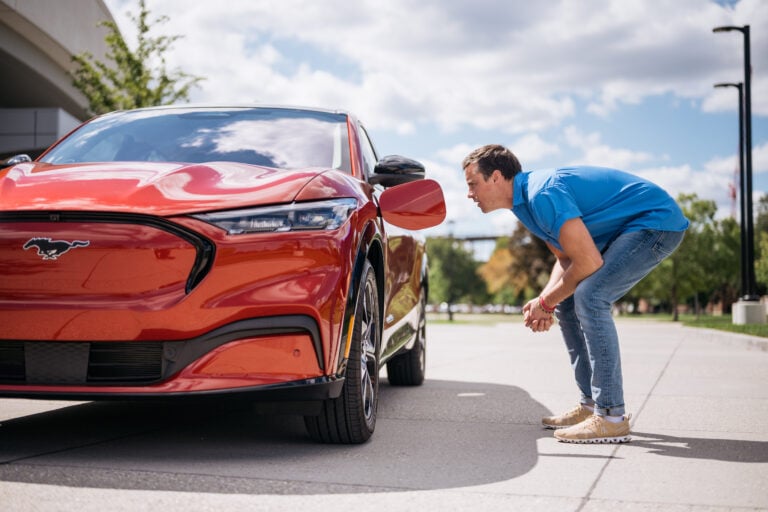 Reviews
Reviews2023 Ford Mustang Mach-E review: First drive
The Ford Mustang Mach-E brings a little muscle and a lot of choice to the EV arena


